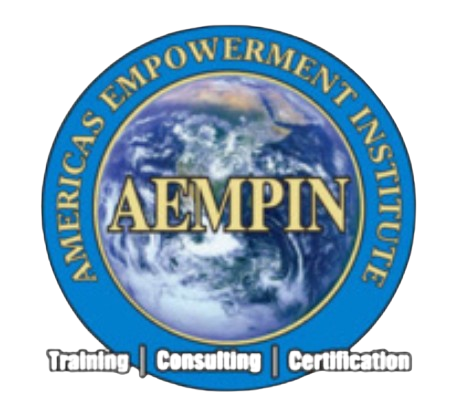

This course on Advanced International Best Practices in Managing Electoral Processes in Today’s Democracy is tailored for experienced election stakeholders seeking to enhance their capacity to conduct transparent, credible, and inclusive elections. It examines tested global frameworks and approaches that improve electoral integrity, voter trust, and democratic outcomes in diverse political contexts.
In today’s rapidly evolving democratic landscape, electoral processes must adapt to changing voter expectations, technology advancements, and complex political dynamics. This course is designed to equip electoral professionals and policymakers with cutting-edge tools and best practices used globally to foster fairness, integrity, and public confidence in elections.
Through comparative case studies, legal analysis, and simulation exercises, participants will deepen their understanding of electoral law, logistics, dispute resolution, and stakeholder engagement. Emphasis is placed on transparency, innovation, and accountability mechanisms.
Participants will engage with real-world examples and gain insights into the complexities of administering democratic elections under pressure—from voter registration and ballot design to crisis management and post-election audits.
The course fosters strategic thinking and collaborative problem-solving, empowering participants to design reforms and strengthen democratic institutions in their respective contexts.
This course aims to provide participants with the ability to critically evaluate and apply international electoral standards to strengthen their domestic election systems, enhance credibility, and ensure alignment with democratic principles.
Election officials, policymakers, observers, and anyone involved in managing or improving elections. Learn advanced global best practices to strengthen democratic processes and ensure free, fair, and credible elections in any setting. Perfect for those ready to take their electoral knowledge to the next level.
Participants who successfully complete the "Advanced International Best Practices in Managing Electoral Processes in Today’s Democracy" course will receive a Certificate of Completion. This certificate affirms your advanced understanding of global electoral standards, institutional strengthening, and modern tools used to uphold electoral integrity. It demonstrates your readiness to lead, reform, and support democratic processes in diverse contexts with confidence and credibility.